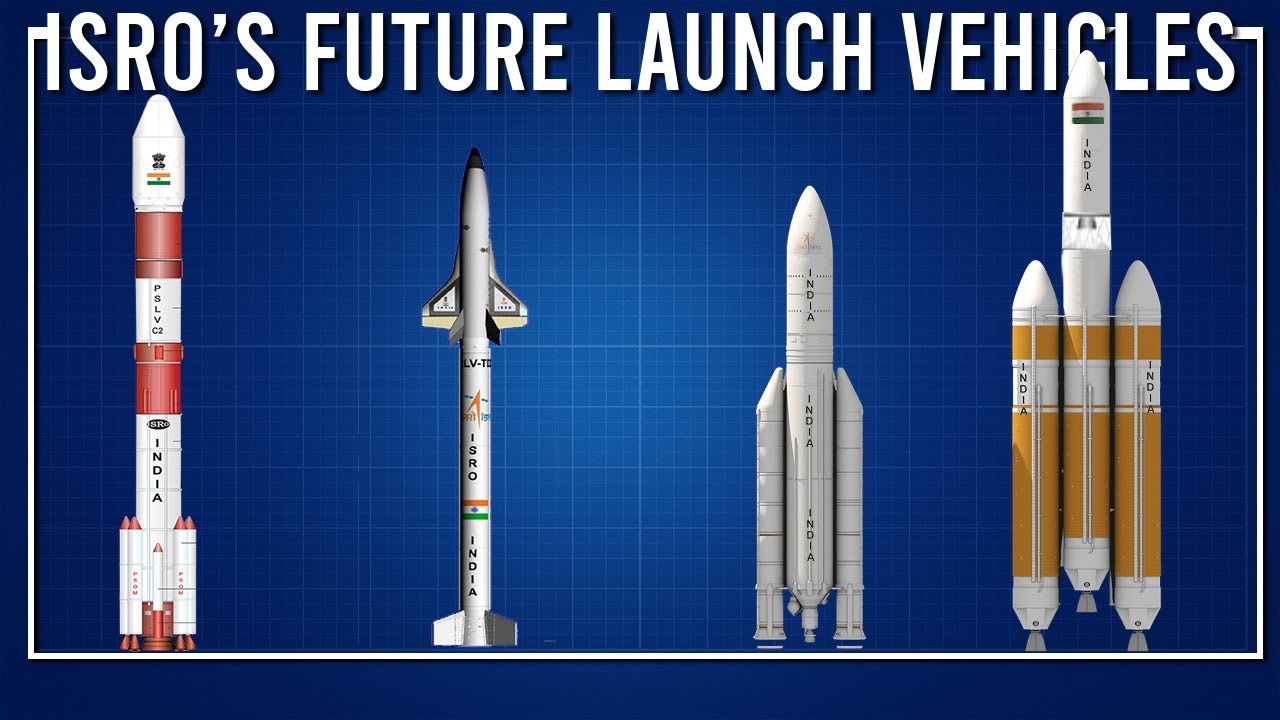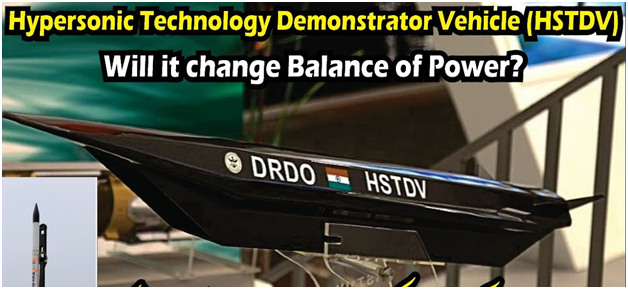ISRO - NEXT-GEN LAUNCH VEHICLE
CONTEXT-I
SRO is developing a Next-Gen Launch Vehicle(NGLV) intended to replace PSLV
FEATURES OF NGLV:-
3 Stage, reusable heavy lift vehicle.
Use semi-cryogenic propulsion for booster stages.
10-tonne payload capability to Geostationary Transfer Orbit.
Cost efficient
Simple, robust design allowing bulk manufacturing.
USES:-
Launching communication
Deep space missions.
Future human space flight and cargo missions.
ISRO is intending to develop a business model for NGLV to launch commercial as well as national
Launch Vehicles Developed by ISRO:
Satellite Launch Vehicle (SLV): The first rocket developed by ISRO was simply called SLV, or Satellite Launch Vehicle.
It was followed by the Augmented Satellite Launch Vehicle or ASLV.
Augmented Satellite Launch Vehicle (ASLV): SLV and ASLV both could carry small satellites, weighing up to 150 kg, to lower earth orbits.
ASLV operated till the early 1990s before PSLV came on the scene.
Polar Satellite Launch Vehicle (PSLV): PSLV’s first launch was in 1994, and it has been ISRO’s main rocket ever since. Today’s PSLV, however, is vastly improved and several times more powerful than the ones used in the 1990s.
It is the first Indian launch vehicle to be equipped with liquid stages.
PSLV is the most reliable rocket used by ISRO to date, with 52 of its 54 flights being successful.
It successfully launched two spacecraft – Chandrayaan-1 in 2008 and Mars Orbiter Spacecraft in 2013 – that later travelled to Moon and Mars respectively.
Geosynchronous Satellite Launch Vehicle (GSLV): GSLV is a much more powerful rocket, meant to carry heavier satellites much deeper into space. To date, GSLV rockets have carried out 18 missions, of which four ended in failure.




.jpg)


.jpg)
.jpg)





